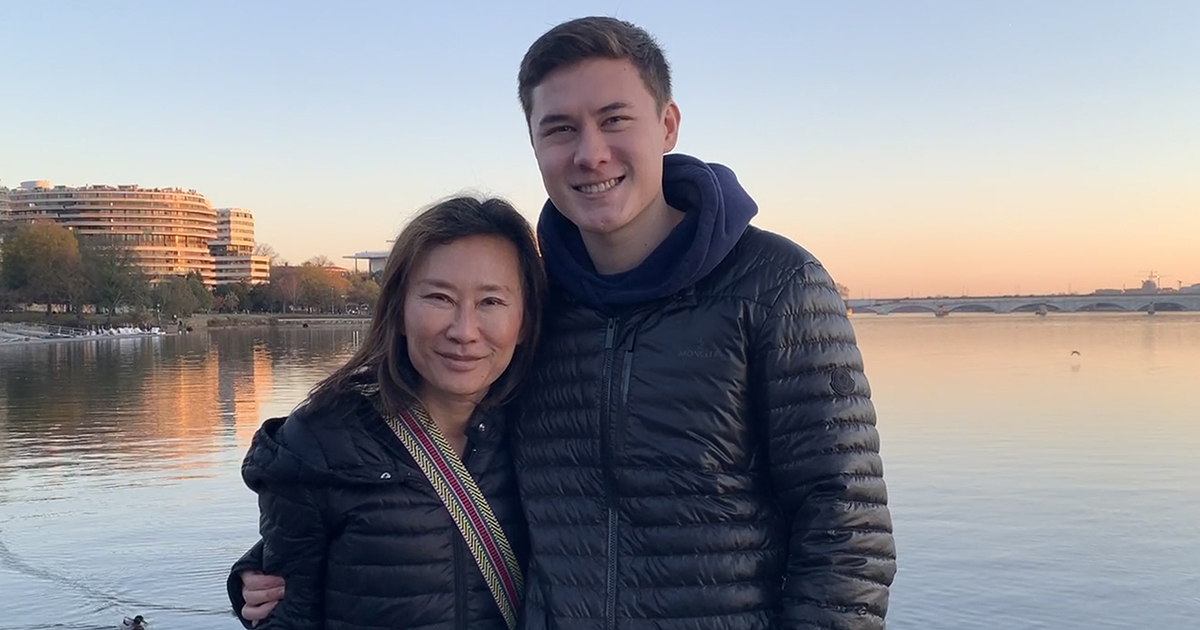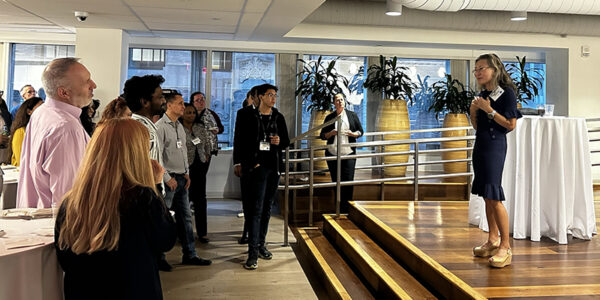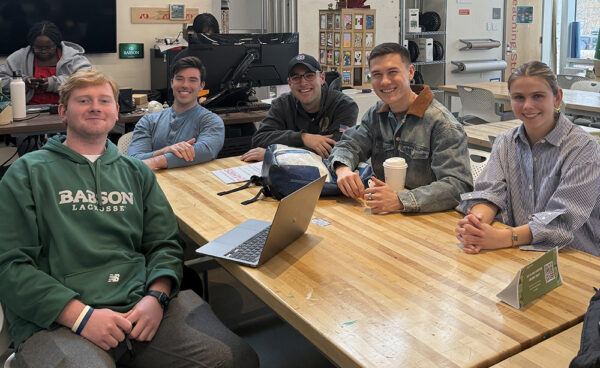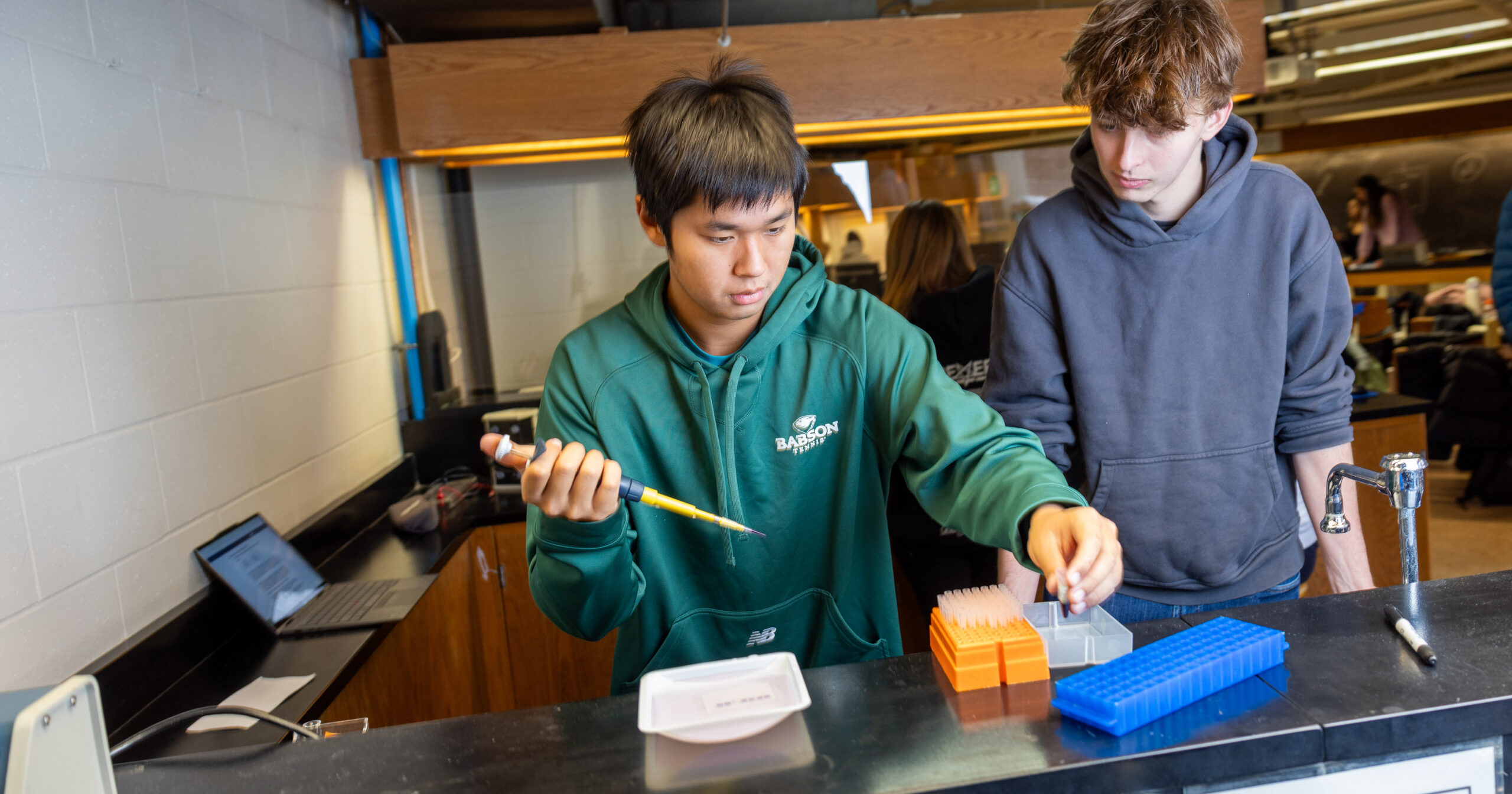Turning Personal Loss into Life-Saving Innovation

Since the late 1990s, over 1 million Americans have died from drug overdoses, with more than 100,000 lives lost annually in recent years, according to the Centers for Disease Control and Prevention. Behind these staggering statistics are families shattered by grief and communities struggling to find solutions.
For Dr. Jeanie Chung, the opioid crisis is deeply personal. After losing her son, Jackson Taesun Leddon, to a fentanyl overdose, she channeled her heartbreak into action, determined to prevent other families from experiencing the same tragedy.
With a background in chemistry and dermatology—but no formal business training—Chung founded TaeSun LLC, developing a portable, easy-to-use drug testing kit designed to allow individuals to detect fentanyl in substances before use, a critical step in harm reduction. However, bringing this product to market required Chung to navigate the complexities of entrepreneurship, an entirely new landscape for her.

Courage and Support
Chung’s journey took a transformative turn when she participated in Babson College’s Substance Use Disorder (SUD) Sprint, an intensive program designed to equip innovators with the entrepreneurial skills necessary to commercialize solutions in the SUD space. In 2025, Babson launched the third SUD Sprint program, continuing to support more innovators like Chung and helping them turn their vision into real-world solutions that create the change the world needs.
Hosted by the Kerry Murphy Healey Center for Health Innovation and Entrepreneurship in partnership with the National Institute on Drug Abuse (NIDA), the SUD Sprint is Babson’s first National Institutes of Health (NIH) funded program. It provided Chung with critical business acumen, mentorship, and access to a network of other experts in healthcare and medical technology.
“As an entrepreneur, there are so many challenges, and we don’t always have the background on every little nuanced idea we need to move forward. Babson and NIDA have helped us take our ideas and actually bring them to fruition.”
Dr. Jeanie Chung, who participated in Babson’s SUD Sprint
“Coming here, I was pretty intimidated as an independent individual who had a product but didn’t know what to do with it,” Chung said. “But the amount of support from not just my cohort, but from the faculty and from NIDA, has been amazing, giving me the courage to continue with my quest.”
Through the SUD Sprint, Chung secured additional funding as a NIDA grant winner, enabling her to advance her business even further.
“Winning the NIDA grant challenge was a huge milestone, and now we’re working toward additional funding to make sure cost isn’t a barrier to using this life-saving technology,” she said. “As an entrepreneur, there are so many challenges, and we don’t always have the background on every little nuanced idea we need to move forward. Babson and NIDA have helped us take our ideas and actually bring them to fruition.”
A Mission and an Inspiration

Chung’s work is more than just a business—it’s a mission. Now, that mission is taking on a new dimension as her son, Alec Leddon, follows in her footsteps by joining Babson’s Master of Science in Entrepreneurial Leadership (MSEL) program.
“I was lost for a while, but this has given me a sense of purpose,” he said, referring to the loss of his brother, Jackson. “Taking a horrible situation and helping others avoid the same pain is what keeps me going.”
After a few years working in marketing and as a music producer, Leddon found himself drawn to his mother’s drive and purpose.
“Mom’s experience with SUD absolutely influenced me,” Leddon said. “Seeing her navigate this space and being introduced to Babson through her work in the SUD Sprint made me realize how entrepreneurship can truly drive meaningful change. If she hadn’t come here, I definitely wouldn’t be at Babson.”



